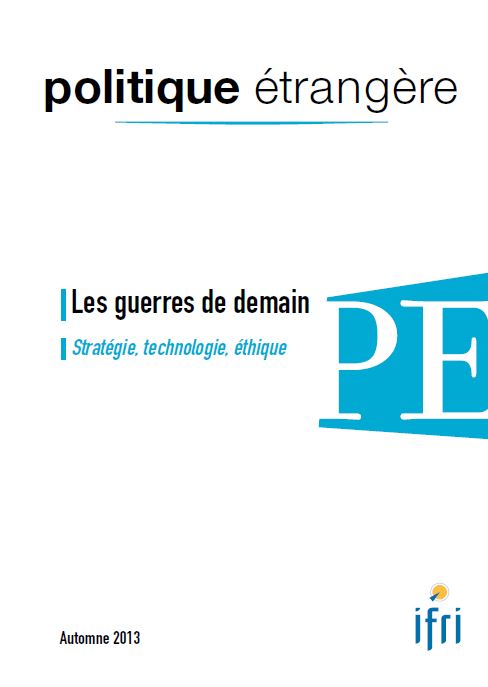
Muslim States’ Influence on Islam in France
Successive attempts to institutionalise Islam in France have not resulted in an entirely satisfactory outcome.

A Time of Change for Algeria’s Foreign Policy
Having been formed in large part by the legacy of the post-independence diplomatic process, by forced withdrawal during the civil war and fixation on a few regional issues, Algerian diplomacy has to redefine itself in a rapidly changing world.

Algeria’s Permanent State of Economic Crisis (1999-2015)
When President Bouteflika came to power in 1999, he sought to liberalise the country’s economy. But these reforms were reversed after only a few years.

Questioning Algeria's Non-Interventionism
Given its colonial history, Algeria does not want foreign powers involving themselves in internal affairs.
Algeria: Cosmetic Change or Actual Reform?
Algeria has emerged as something of an “exception” across the Middle East and North Africa (MENA) region, and while the recent elections have been marred by widespread allegations of fraud, the results have effectively consolidated the regime’s grip on power thus ensuring its complete monopoly over the country’s reform process.
Algeria and the Crisis in Mali
The multifaceted crisis in Mali, which has effectively led to state collapse and split the country in two, has drawn international attention to Algeria’s role in the stability of the Sahel. One might expect Algeria, as the region’s preeminent military power, and one that has sought to position itself as a leader in counter-terrorism, to lead the international response to the growing chaos along its volatile southern border.

U.S.-Algerian Security Cooperation and Regional Counterterrorism
This paper explores the recent evolution of security cooperation between the United States and Algeria, which have forged a strong partnership on counterterrorism despite lingering mutual distrust.
Maghreb Countries' Economic Projection on Sub-Saharan Africa
While largely interrupted by the colonial period premise, trade relations between the Maghreb and sub-Saharan Africa have enjoyed a new boom with the independence era. However, until the end of the 1990s, the African policy of the three Maghreb countries significantly impacted their economic projection.
The United States' Economic Strategy and Presence in the Maghreb
Before the 9/11 events, US-Maghreb relations were growing stronger, especially after the United States had long left the floor to the Maghreb’s “natural” European partner. Therefore, the American action in this region was in line with a mechanism previously set off by Clinton Administration member, Stuart Eizenstat, which aimed at reducing intra-regional obstacles and stimulating American investments towards an area where Americans were little-represented. Hence Washington seemed more involved in promoting the emergence of a strong, world-economy-integrated Maghrebi market.
Support independent French research
Ifri, a foundation recognized as being of public utility, relies largely on private donors – companies and individuals – to guarantee its sustainability and intellectual independence. Through their funding, donors help maintain the Institute's position among the world's leading think tanks. By benefiting from an internationally recognized network and expertise, donors refine their understanding of geopolitical risk and its consequences on global politics and the economy. In 2025, Ifri supports more than 80 French and foreign companies and organizations.







